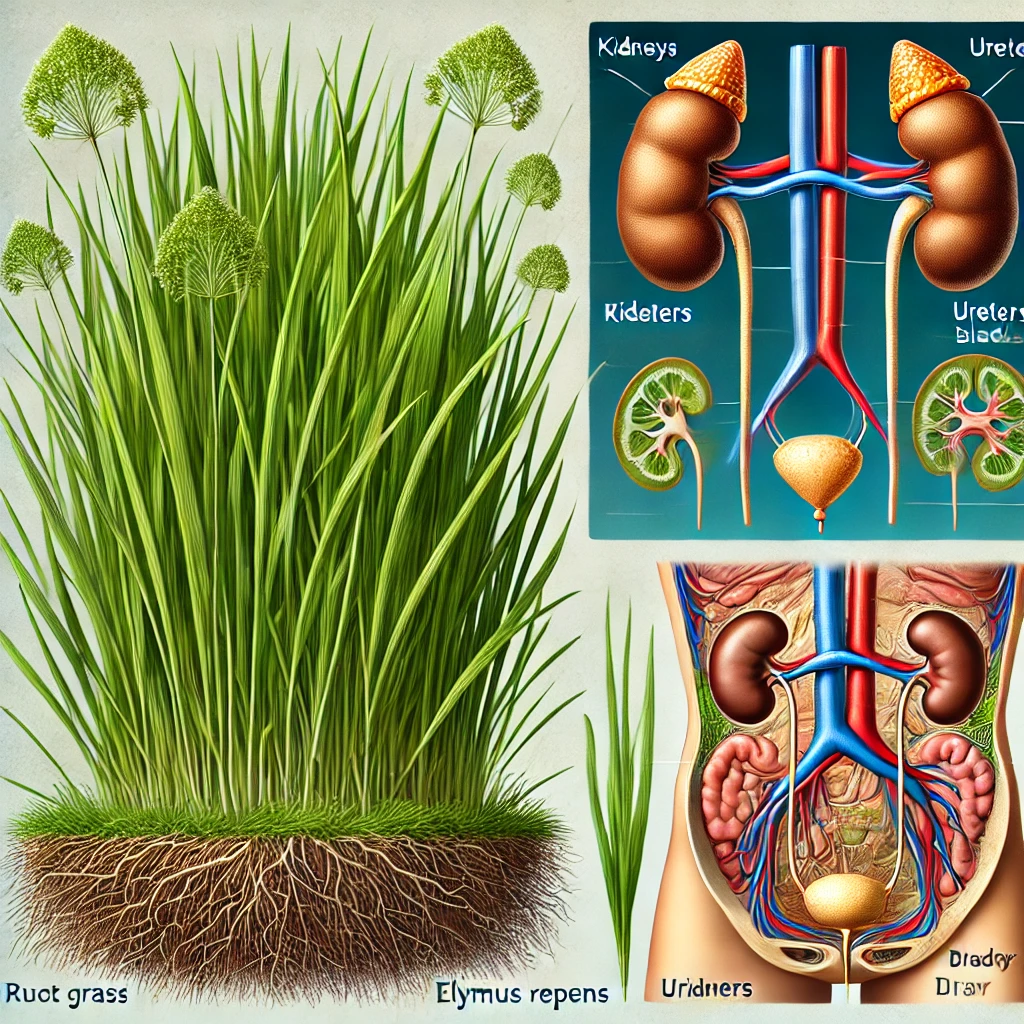Goose grass, also known as cleavers or Galium aparine, is a commonly found weed with powerful medicinal properties. Traditionally used for its cleansing and healing abilities, goose grass has become a valuable herb for addressing various health conditions. Here’s a guide to identifying, preparing, and utilizing goose grass for its numerous benefits.
1. Identification and Harvesting
Identifying Goose Grass: Goose grass is easily recognized by its long, slender stems, small white or greenish flowers, and tiny hook-like hairs that enable it to cling to clothing and animal fur. The leaves grow in whorls around the stem, and the plant is often found in fields, gardens, and along roadsides.
Best Time to Harvest: The optimal time to harvest goose grass is during the spring, before it flowers, when the shoots are tender and full of nutrients. At this stage, the plant contains the highest concentration of beneficial compounds.
2. Preparation for Medicinal Use
Cleaning and Drying: After harvesting, wash goose grass thoroughly to remove any dirt or debris. You can use it fresh or dry it for later use. To dry, tie the plant into small bunches and hang it in a well-ventilated area, away from direct sunlight, until completely dry.
Goose Grass Tea: To make a detoxifying tea, steep 2 teaspoons of dried goose grass in boiling water for 10 minutes. Strain the liquid, and drink it up to three times daily. Goose grass tea is known for promoting lymphatic drainage and purifying the blood, helping the body eliminate toxins.
3. Therapeutic Uses
Skin Irritations and Wounds: Goose grass can be used topically to soothe skin irritations, eczema, and minor wounds. Crush fresh leaves into a paste and apply them directly to the affected area. This poultice helps reduce inflammation and speeds up healing, thanks to its anti-inflammatory properties.
Kidney Health: Goose grass acts as a diuretic, promoting urine production and aiding the removal of toxins through the kidneys. Regular consumption of goose grass tea can help prevent kidney stones, reduce swelling, and relieve urinary tract infections by flushing out excess fluids and harmful substances.
Lymphatic System Support: Goose grass is widely recognized for its ability to cleanse the lymphatic system, reduce lymphatic swelling, and enhance immune function. Drinking goose grass tea regularly can help support overall lymphatic health and improve the body’s natural defenses.
4. Additional Benefits
Weight Loss: Due to its diuretic properties, goose grass may assist in weight management by reducing water retention and boosting metabolism. Drinking the tea as part of a balanced diet can help in detoxification and promoting a healthy digestive system.
Hair Health: Goose grass contains silica, a mineral known to strengthen hair. Use a decoction of goose grass as a final rinse after shampooing to promote healthier, shinier hair.
5. Cautions and Considerations
Allergy Alert: Some individuals may be allergic to goose grass. Before using it extensively, test a small amount on the skin to check for any allergic reactions.
Consult a Healthcare Provider: Although goose grass is generally safe, it’s always advisable to consult a healthcare professional before starting any new herbal remedy, particularly for those with pre-existing conditions or those taking medications.
A Versatile Natural Healer
Goose grass is far more than just a common weed—it’s a versatile and potent natural healer. With benefits ranging from detoxifying the body and supporting kidney health to soothing skin irritations and promoting hair growth, goose grass is a valuable addition to any herbal remedy toolkit. By understanding how to prepare and use this plant effectively, you can unlock its full potential and enjoy its wide array of health benefits.
